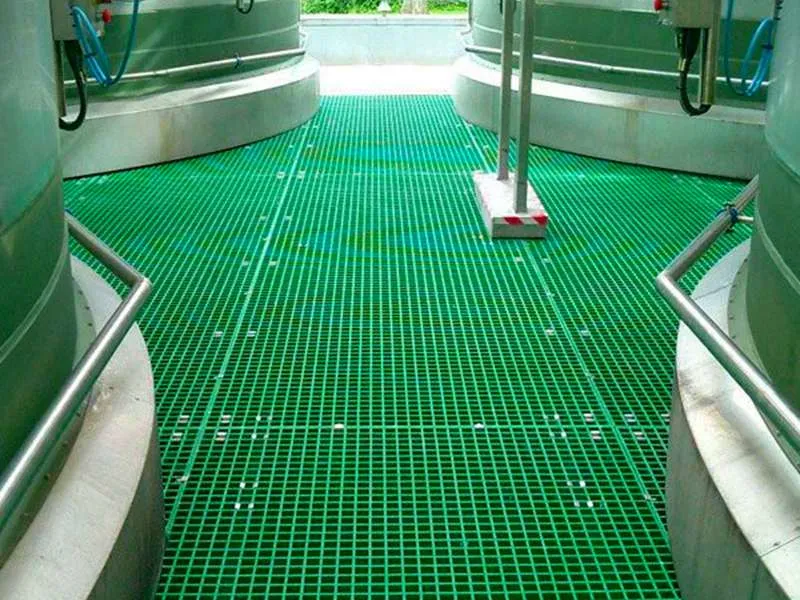
-
 Afrikaans
Afrikaans -
 Albanian
Albanian -
 Amharic
Amharic -
 Arabic
Arabic -
 Armenian
Armenian -
 Azerbaijani
Azerbaijani -
 Basque
Basque -
 Belarusian
Belarusian -
 Bengali
Bengali -
 Bosnian
Bosnian -
 Bulgarian
Bulgarian -
 Catalan
Catalan -
 Cebuano
Cebuano -
 China
China -
 China (Taiwan)
China (Taiwan) -
 Corsican
Corsican -
 Croatian
Croatian -
 Czech
Czech -
 Danish
Danish -
 Dutch
Dutch -
 English
English -
 Esperanto
Esperanto -
 Estonian
Estonian -
 Finnish
Finnish -
 French
French -
 Frisian
Frisian -
 Galician
Galician -
 Georgian
Georgian -
 German
German -
 Greek
Greek -
 Gujarati
Gujarati -
 Haitian Creole
Haitian Creole -
 hausa
hausa -
 hawaiian
hawaiian -
 Hebrew
Hebrew -
 Hindi
Hindi -
 Miao
Miao -
 Hungarian
Hungarian -
 Icelandic
Icelandic -
 igbo
igbo -
 Indonesian
Indonesian -
 irish
irish -
 Italian
Italian -
 Japanese
Japanese -
 Javanese
Javanese -
 Kannada
Kannada -
 kazakh
kazakh -
 Khmer
Khmer -
 Rwandese
Rwandese -
 Korean
Korean -
 Kurdish
Kurdish -
 Kyrgyz
Kyrgyz -
 Lao
Lao -
 Latin
Latin -
 Latvian
Latvian -
 Lithuanian
Lithuanian -
 Luxembourgish
Luxembourgish -
 Macedonian
Macedonian -
 Malgashi
Malgashi -
 Malay
Malay -
 Malayalam
Malayalam -
 Maltese
Maltese -
 Maori
Maori -
 Marathi
Marathi -
 Mongolian
Mongolian -
 Myanmar
Myanmar -
 Nepali
Nepali -
 Norwegian
Norwegian -
 Norwegian
Norwegian -
 Occitan
Occitan -
 Pashto
Pashto -
 Persian
Persian -
 Polish
Polish -
 Portuguese
Portuguese -
 Punjabi
Punjabi -
 Romanian
Romanian -
 Russian
Russian -
 Samoan
Samoan -
 Scottish Gaelic
Scottish Gaelic -
 Serbian
Serbian -
 Sesotho
Sesotho -
 Shona
Shona -
 Sindhi
Sindhi -
 Sinhala
Sinhala -
 Slovak
Slovak -
 Slovenian
Slovenian -
 Somali
Somali -
 Spanish
Spanish -
 Sundanese
Sundanese -
 Swahili
Swahili -
 Swedish
Swedish -
 Tagalog
Tagalog -
 Tajik
Tajik -
 Tamil
Tamil -
 Tatar
Tatar -
 Telugu
Telugu -
 Thai
Thai -
 Turkish
Turkish -
 Turkmen
Turkmen -
 Ukrainian
Ukrainian -
 Urdu
Urdu -
 Uighur
Uighur -
 Uzbek
Uzbek -
 Vietnamese
Vietnamese -
 Welsh
Welsh -
 Bantu
Bantu -
 Yiddish
Yiddish -
 Yoruba
Yoruba -
 Zulu
Zulu
frp cover
Understanding FRP Cover Advantages and Applications
Fiber Reinforced Polymer (FRP) covers have emerged as a revolutionary solution in various industries, providing enhanced protection and durability to structures and components. The increasing demand for sustainable materials and superior performance has made FRP covers an attractive choice for construction, automotive, aerospace, and marine applications.
Understanding FRP Cover Advantages and Applications
In the construction industry, FRP covers are increasingly used in building facades, roofs, and floor systems. They provide a protective layer that not only enhances the aesthetic appeal of a structure but also improves energy efficiency by reducing heat absorption. Additionally, their lightweight nature means that less structural support is required, leading to cost savings in the building process.
frp cover

The automotive industry has also seen a significant shift towards FRP covers. Car manufacturers utilize FRP for body panels, bumpers, and interior components, resulting in lighter vehicles that offer improved fuel efficiency and reduced emissions. Furthermore, FRP covers can be molded into complex shapes, allowing for innovative designs that enhance both functionality and style.
In the aerospace sector, the use of FRP covers has become essential for constructing lightweight yet robust aircraft components. By incorporating FRP materials, manufacturers can produce parts that contribute to better fuel efficiency and overall performance. The ability to withstand extreme temperatures and pressures makes FRP covers particularly valuable in this field.
Marine applications are another area where FRP covers shine. Boats and ships benefit from FRP’s resistance to water and salt, which significantly extends their lifespan. The lightweight properties of FRP also contribute to better speed and maneuverability on the water, making it a preferred choice for recreational and commercial vessels.
In conclusion, FRP covers represent a significant advancement in material science, offering numerous benefits across various industries. Their exceptional strength, lightweight characteristics, and resistance to environmental factors make them an ideal choice for a wide range of applications. As technology continues to evolve, we can expect further innovations in FRP materials, solidifying their role as a cornerstone in the future of construction, automotive, aerospace, and marine engineering.
Latest news
-
Exploring the Benefits of Top Hammer Drifter Rods for Enhanced Drilling PerformanceNewsJun.10,2025
-
High-Precision Fiberglass Winding Machine for GRP/FRP Pipe Production – Reliable & Efficient SolutionsNewsJun.10,2025
-
FRP Pipes & Fittings for Shipbuilding - Corrosion-Resistant & LightweightNewsJun.09,2025
-
Premium FRP Flooring Solutions Durable & Slip-ResistantNewsJun.09,2025
-
Premium Fiberglass Rectangular Tanks Durable & Lightweight SolutionNewsJun.09,2025
-
Tapered Drill String Design Guide Durable Performance & UsesNewsJun.09,2025









